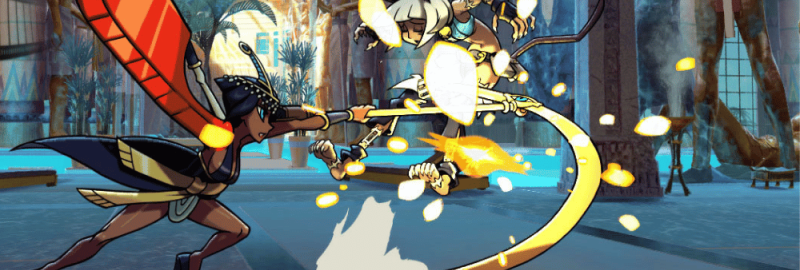
In an unexpected turn of events, the longstanding video game, Skullgirls, came under fire from fans after a recent patch led to the alteration of some artwork. The developers stated that the changes were aimed at better reflecting their current values and vision for the future of the game. Despite holding a "Very Positive" Steam rating, the game has seen an influx of negative reviews in response to the patch.
The contentious "Content Updates and Revisions" patch, released on June 26, targeted three specific aspects of the game, namely, references to real-world hate groups, sexualization of characters, particularly younger ones, and content relating to race that was deemed to be in poor taste. These changes rippled through the PC, console, and mobile versions of the game, affecting both in-game animations and story mode art.
Defending their decision, game director Charley Price, in a forum post, reiterated that the essence of Skullgirls remains unchanged. He emphasized that while characters confidently expressing, their sexuality was customary, changes were necessary to uphold racial sensitivity without compromising the game's playful demeanor. The developers were careful to respect stereotypical references that added a certain charm to the game.
Unfortunately, the changes were met with criticism by many players. Several negative reviews on Steam accused the developers of censorship and succumbing to "wokeness." Some even pointed out that the crowdfunded game they had paid for was unjustly altered for reasons they couldn't agree with. However, the developers at Hidden Variable and Future Club, who maintain the current version of the game, expected this reaction and did not intend to discuss the alterations further.
On a positive note, not all the feedback on the patch was negative. A section of the Skullgirls community used the Steam reviews to voice their support for the changes, dismissing the criticism as insignificant and irrelevant. This incident serves as a reminder that familiar, beloved games can still provoke strong emotions and responses, even a decade after their initial launch.